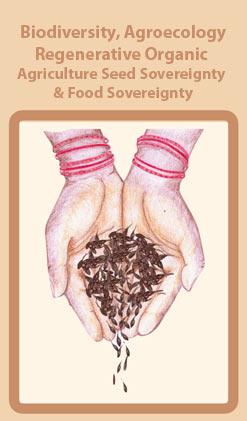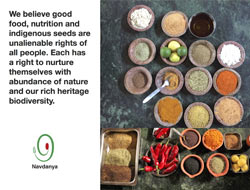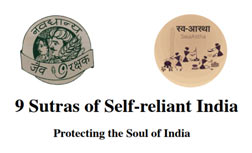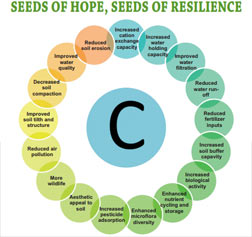Nimtshreng Lepcha seeps medicinal leaves in cow urine and sprays the brew over his tomatoes. It’s the main way pests are repelled on his farm in the Himalayan foothills and across the northeastern state of Sikkim, the first in India to go fully organic.
For more than a decade, Sikkim’s 66,000 farmers have shunned chemical weed killers, synthetic fertilizers and gene-altered seeds. Their return to traditional farming methods has made the tiny state, sandwiched between China, Nepal and Bhutan, a testing ground for a counter movement to the Green Revolution, the half-century-old system that relied on modern seeds, chemicals and irrigation to boost crop yields and stave off hunger.
Now, faced with health and environmental problems ranging from poisoned waterways and degraded farmland, to antibiotic-resistant bacteria and diet-linked disease, Prime Minister Narendra Modi is backing Sikkim’s approach as a safer, more sustainable way to produce food, support farm jobs and reduce the nation’s fertilizer bill.
“Other states can take a lead from Sikkim,” Modi told political leaders in the nearby state of Meghalaya last month. “The North East can become the organic food basket for this country. Organic products are going to be increasingly used widely,” he continued, and the practice “will contribute immensely to the income of the people and the region.”
Read More


















